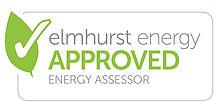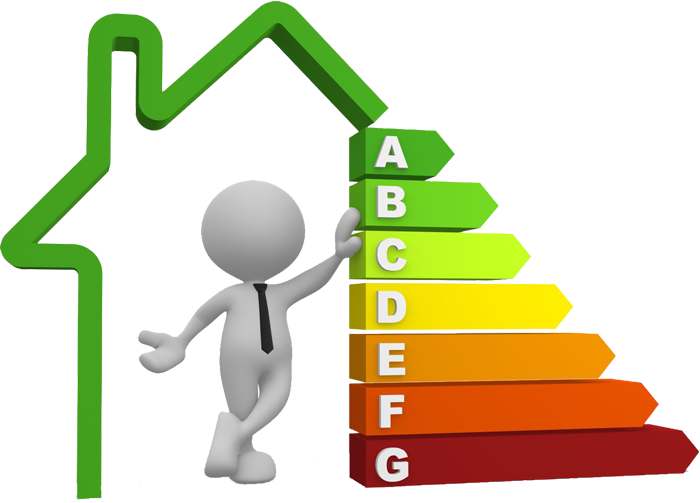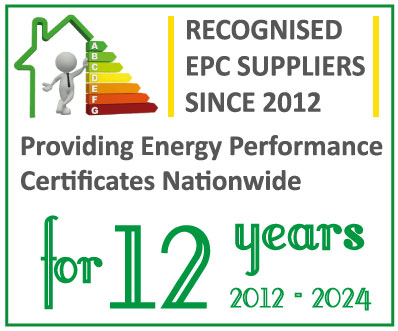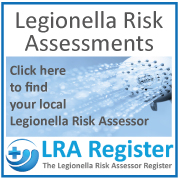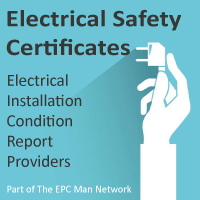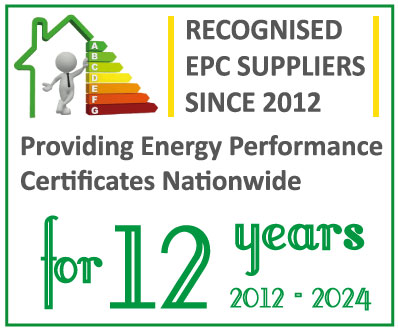WREXHAM COMMERCIAL EPC ORDER LINE 07977 494783 or 07456 816672
For Commercial Energy Performance Certificates in Wrexham
Your Local
Commercial
EPC Provider
for Wrexham
Please call for
a fixed price.
I am your local
epc provider for
all types of
commercial
premises
in Wrexham
Including
✔️
Shops
Supermarkets
Office Blocks
Care Homes
Factory Premises
Garage Premises
Restaurants
Cafe's
Doctors
Dental Surgeries
Farms
Industrial Units
✔️
Order your non
domestic epc
direct from us
to ensure our
lowest price.
Please call for
a free quotaton.
The price we
quote is the
price you will
pay. No extra
hidden costs
on the day.
If you need an EPC
in a different area
please Click here
What Happens During a Commercial EPC Survey?
A commercial energy assessor has a Non-Domestic Energy Assessor certification. Our team of expert commercial assessors are qualified to evaluate anything from small shops to the largest industrial compounds.
These assessors look into the lighting, heating, ventilation, insulation, and other related characteristics of a building when conducting their surveys. They also take size, age, type, and materials used into consideration.
At the end of the assessment, along with the certificate, the energy assessor will also provide a detailed list of recommendations on how to improve the property’s energy efficiency. A rating between ‘A’ and ‘G’ is given to properties. A is the highest rating and the most attractive for buyers and renters because of how energy costs are cheaper.
So, how do you improve your Commercial EPC Rating?
Ensure Your Lighting Is Energy Efficient
Inefficient lighting is one of the biggest contributors to a low score on any Commercial EPC Rating – and to CO2 emissions. This should be one of the first areas you need to address in your commercial property.
Both general building lighting and display lighting are considered during commercial EPC assessments. Offices, shops, and warehouses often suffer from poor natural light and have to use a large amount of electrical lighting. In this case, it’s really important to find sustainable options that are both inexpensive and energy-saving.
Simply by converting to LED lighting systems, you could save up to 50% on your lighting costs.
You could also consider adding occupancy sensors or daylight harvesting lights, which alter the amount of light given out by a fixture to supplement the natural lighting available. This helps prevent wasting unnecessary electricity in the middle of the day and when employees leave for the day.
Energy Saving Heating Methods
The heating system that you use in your commercial building can play a huge role in getting you a better EPC rating.
The first step is to ensure you have a record of your systems. A commercial EPC assessor will use key information such as fan size and airflow to estimate whether or not you need to upgrade the system.
You should ensure that you have an efficient air-conditioning unit, especially if that is the primary system used for heating. If you don’t have a central heating system, consider getting one that is incredibly efficient.
Insulate Your Walls & Roof
If you are losing heat, then your EPC rating will drop. A well-insulated loft and cavity wall can improve your Commercial EPC rating. Just because you have insulation doesn’t guarantee a good rating. It needs to be professional and thick (the recommended depth for loft insulation is 270mm). Cavity wall insulation, on the other hand, needs to be done using solid brick or metal-clad properties.
Don’t forget to insulate the roof as well, especially in warehouses and industrial buildings. Other than improving the EPC rating, proper insulation also helps to improve performance by reducing noise pollution.
Renewable Sources of Energy
If you’re looking for a guaranteed, long-term solution to improve your commercial EPC rating, switching to renewable energy sources is another good option. Installing solar panels to power your heating system is particularly effective.
Commercial buildings use energy more consistently, particularly during the day so demand coincides with peak supply.
As a result, you can reduce your reliance on artificial sources of energy and bump up your EPC rating.
Document your Commercial EPC improvements
This is absolutely key to get the best rating. Ensure that any improvement works have appropriate documentation in order for the EPC assessor to include them in the Commercial EPC.
If the improvement can’t be seen, or the model number is not readily available, then it cannot be included in the energy performance certificate. Try to ensure things like u-values, model numbers, air-tightness, extraction rates, etc are available wherever possible.
Please note the contents of this post are given for information only. Legal advice should always be sought in relation to specific circumstances.
for Wrexham

